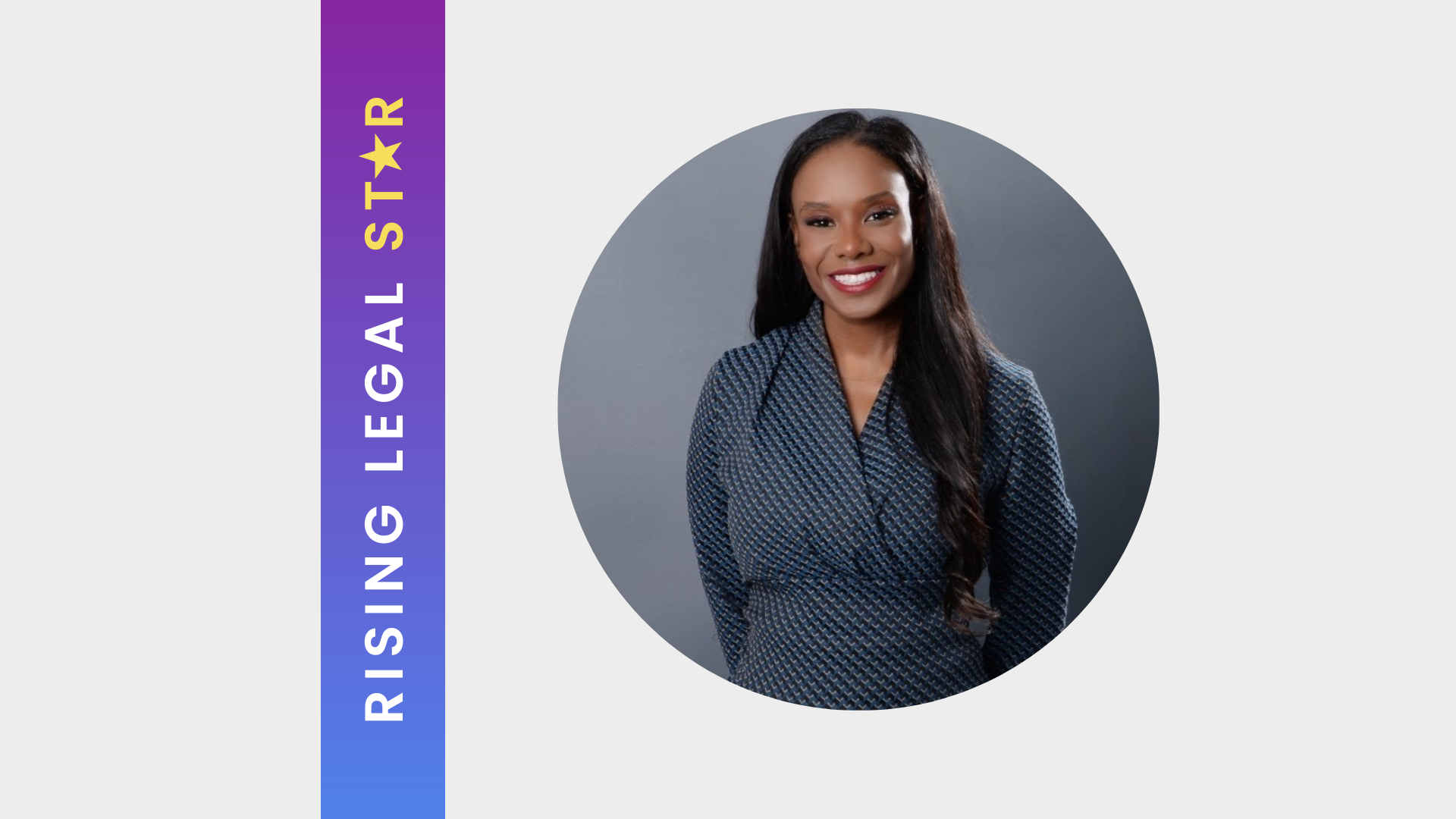Hydrogen & Argyll Scott to Sponsor All Female Trio Taking on The World’s Toughest Row
Hydrogen and Argyll Scott are proud to be sponsoring the formidable trio, The Tidewaves, as they embark on their mission to be the fastest, all-female rowing team to take on the World’s Toughest Row across the Atlantic!
Robyn Hart-Winks, Louise Cox, and Jordan Cole-Hossain will take on this challenge, rowing 3,000 miles from San Sebastian de La Gomera in Spain to Antigua in the Caribbean. They are aiming to be the fastest female trio to complete the challenge and hope to inspire the next generation of young athletes, championing access to sport for young people.
The Tidewaves have first-hand experience of the benefits of being involved in sports from a young age and passionately believe that all children should have access to sport and the life lessons it teaches. The Chief Medical Officers of the UK stated that;
"if physical activity were a drug, we would refer to it as a miracle cure, due to the great many illnesses it can prevent and help treat”
Aside from the physical benefits, sport at an early age helps ingrain invaluable life skills such as teamwork, dedication, discipline, and accountability – all which bond together to foster a winning mindset.
It signalled a perfect partnership for Hydrogen and Argyll Scott to support the Tidewaves, given the firm’s dedication to understanding how mindset drives performance. The group specialise in truly understanding people and uncovering what it takes to bring out their personal best, and champion those who challenge themselves and push their thinking and performance to the next level.
Hayley Still, Hydrogen & Argyll Scott’s CEO is a firm believer in physical activity playing a crucial role in keeping both mind and body healthy. Having grown up in a sporting household, Still herself pursued competitive gymnastics in her youth. Talking of how this has translated into her adult life she stated;
“Sport and physical activity in childhood helps set patterns for life. It provides lessons to understand what your challenges are and what you need to do to meet those challenges. It helps you build the routine and habits that you need for physical and mental prep to get to where you need to be.”
The three London-based women will row across the Atlantic Ocean unsupported in December 2023, and their mission will have them face a gruelling rowing schedule of 2 hours on the oars, 1 hour off, day and night for up to 60 days. They will face extreme conditions including hunger, severe dehydration, exposure to the sun, body sores, up to 40 ft waves, and even shark-spotting.
Over the next 8 weeks the Tidewaves will not only be investing time into their physical fitness. They will also need to mentally prepared to develop a mindset that will get them through the aptly named, World’s Toughest Row.
The team members of the Tidewaves all have different motivations, soothers and triggers that push them in different ways towards their common goal. In a mission to advocate for inclusive access to sports, the Tidewaves will be fundraising for three key charities: SportsAid Scotland, London Youth Rowing and Access Sports.
You can learn more about The Tidewaves and donate here.













